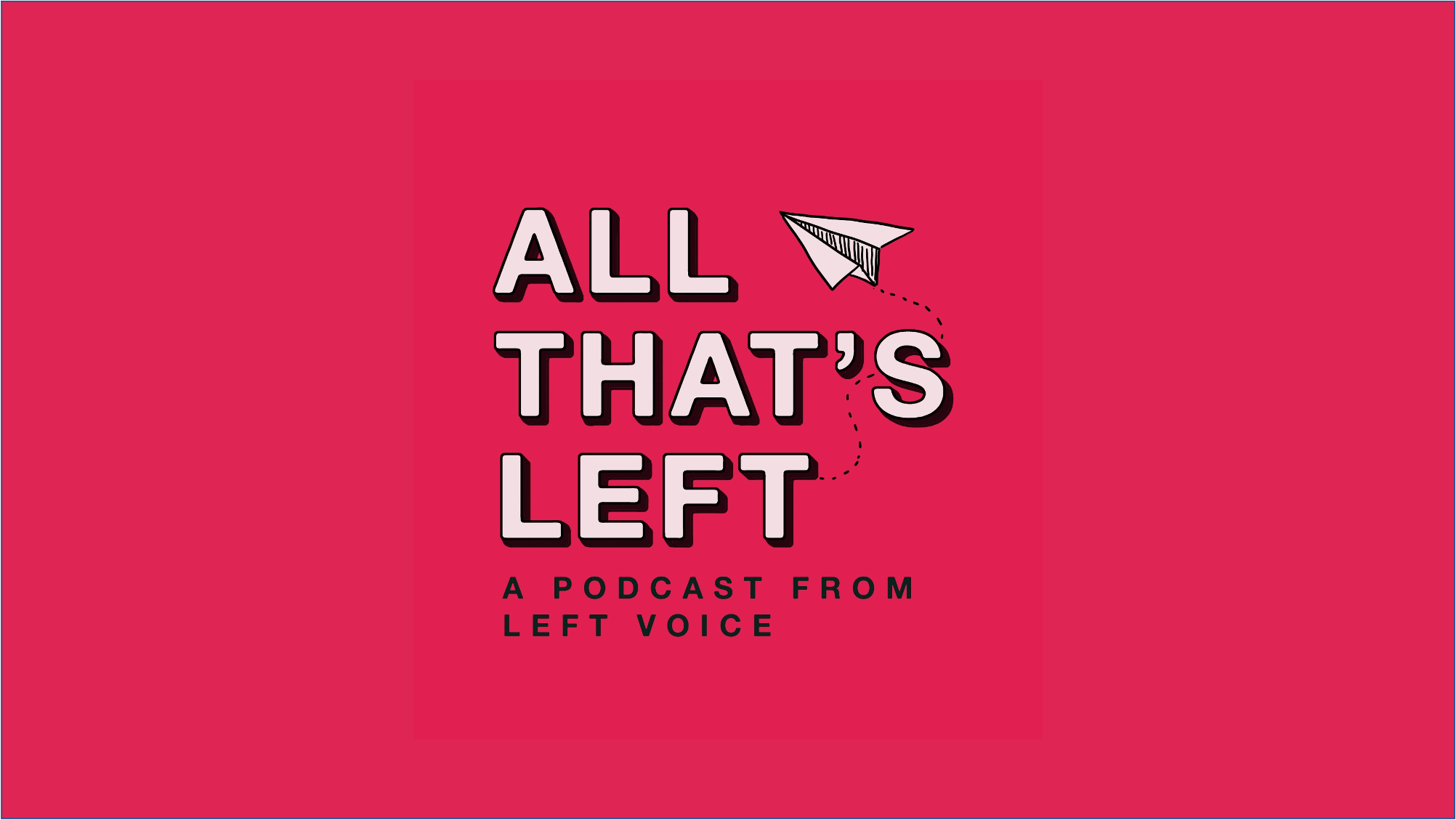Listen on Spotify | Apple Podcasts | Online
*
The last decade has seen a rightward shift on LGBTQ+ rights across the world, and a reversal in state, institutional, and corporate support for LGBTQ+ people. Trans rights, in particular, are under attack, including bans on gender affirming care for minors, and bans on trans people from single-sex spaces and women’s sports.
Notably, the rollback of these rights, growing transphobia, and oppressive policies aren’t just coming from the Right, like from the Republican Party in the United States, the Conservatives in the UK, or the AfD in Germany. Rather, we are also seeing a rightward shift from the more liberal sectors, and from the institutional center and left parties. In the UK, for example, the recent ruling that trans women aren’t women and must be banned from women’s only spaces came under the Labour government of Keir Starmer. And as we have written about extensively, here in the United States, the Democrats, too, are capitulating on LGBTQ+ rights.
To understand why this is happening, the parallels we see in countries across the world, and what it means for our strategy for queer liberation (and winning other democratic rights), we interviewed Sasha Yaropolskaya, a Russian revolutionary trans activist who is a member of our sister organization Révolution Permanente in France and its feminist and LGBTQ+ group, Du Pain et Des Roses.
Sasha explains why these attacks on LGBTQ+ people are ramping up, pointing to the end of the era of progressive neoliberalism. Progressive neoliberalism is the combination of deregulation, austerity, precarity, and anti-worker politics that favor the wealthy and corporations on the one hand, and some pro-diversity rhetoric and policies on the other. In other words, for several decades, progressive movements, like gay rights and lean-in feminism, gave a sort of progressive façade to neoliberalism.
But getting co-opted by the state like this was a trap for queer people. Neoliberalism is in crisis, and we’re experiencing inflation, mass inequality, forever wars, and ecological devastation, and even more precarious working and living conditions. So, when sectors of people across the world started rejecting neoliberalism, they also ended up rejecting — and attacking — the empty progressivism that came with it. Pursuing the strategy of lesser evilism during this time, whether in the U.S. or elsewhere, has just led to more betrayal.
But the LGBTQ+ community is not powerless in the face of these attacks, and it doesn’t need to fight alone — in fact, it can’t be separated from other struggles, because our struggles are interconnected. The antidote to attacks on LGBTQ rights is class politics, revolutionary politics, and building an active political alliance with the working class to overcome the divisive tactics of the Far Right — tactics that unite these reactionary sectors all around the world.
This means mobilizing across unions, the student movement, and the social movements. It means building up a working-class party with a socialist perspective, able to fight exploitation and all oppression. And of course, this fight for our rights needs to be internationalist — capitalism is a global system, and its systems of oppression also operate on a global scale. As Sasha explains, fighting for trans liberation means fighting for political and social revolution.
Listen to the episode on Spotify on Apple Podcasts.
Support this podcast on Patreon

